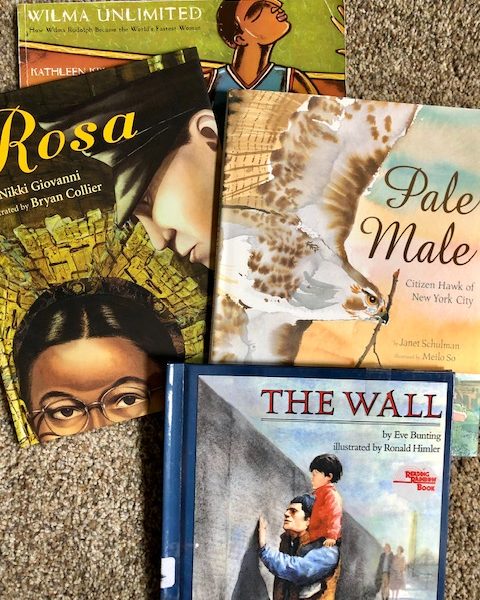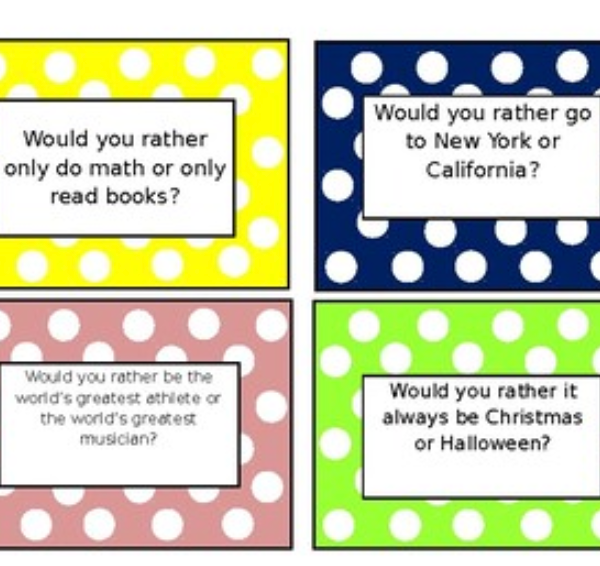Howdy and Happy Friday!
This week I wanted to share a technology tip with you.
Are you looking for ways to increase student engagement during interactive read alouds?
As reading teachers, we pull out all of the stops: post-it notes for stop and jots, reading notebooks, turn and talks, you name it! We’ve tried it.
But have you tried incorporating your technology while you read aloud?
Interactive read alouds provide a time for students to engage in a high level text with the support of the teacher. During this time, the teacher is modeling strategies that good readers use and guiding the students in reflective comprehension conversations.
Often times during an interactive read aloud, we will pause the reading and guide students to reflect on the text. This typically looks like students turning and talking to a neighbor about their thinking, or jotting down their ideas on a post-it or in a reading notebook.
But it doesn’t always have to be that way. It’s 2017. We have a vast amount of technology at our fingertips. We use it constantly in our everyday lives. Why not provide your students with an opportunity to reflect using technology?
Kristin Ziemke has a great book called Amplify that suggests using a backchannel during interactive read alouds. Just like you would have students turn and talk or write down their thoughts, with a backchannel students are having a conversation in the background about the text.
Here’s how it looks in a classroom:
Before students enter the classroom on the day I want to use the backchannel, I make sure to create an account for the backchannel.
There are many different versions out there. I use https://todaysmeet.com/
After creating an account, I then create a ‘room name’ and choose how long I want the ‘room’ to be open.
Next, I create a nickname for myself to use in order to post questions throughout the read aloud.
Once I am signed into the room, I have an opportunity to type a message and post it to the group.
When students are present and ready to log on, I simply display the QR code found at the bottom of the screen under ‘Room Tools’
Students log onto their iPads, scan a QR code that is linked to todaysmeet.com and type in their nickname.
It’s important to teach students digital citizenship as we use technology. One of the first things we learn is Internet safety- nicknames only!
Once students are logged in, we greet each other and start the interactive read aloud! 
I set up very clear expectations with the iPads. The first few times we use the backchannel, I cue students on when to type on their iPads and when to listen in to the reading. Eventually, we create a rhythm and students pipe in with their thoughts on the backchannel as they think of them.
Just as I have students stop and jot, I do the same on the backchannel. Students share their responses, read others responses, and can reply to any questions.
Imagine you are having a silent conversation with your students during your interactive read aloud.
I like to project the backchannel on the SMARTboard for everyone to reference. You can do this by clicking ‘room tools’ and Projector View.
Using a backchannel increases students reading, writing, listening, and speaking skills, which in turn creates an authentic reading community!
Once you finish the interactive read aloud, the teacher can go back and save the backchannel conversation by clicking under ‘room tools’ and SAVE Transcript. This conversation can be printed and put in a station to further learning!
There are so many possibilities with technology, things can sometimes seem overwhelming!
Using a backchannel during an interactive read aloud is a simple way to incorporate technology.
And if you are a school who is not blessed with 1:1 ipads or laptops, you can still incorporate the technology you DO have!
If you have three laptops, have three students log on to the channel and have the conversation. Students can take turns on the device. Viola!
Check it out, try it out, and make plans to engage your students with technology next year!
I’m curious, what other ways are you incorporating technology into your reading block?


